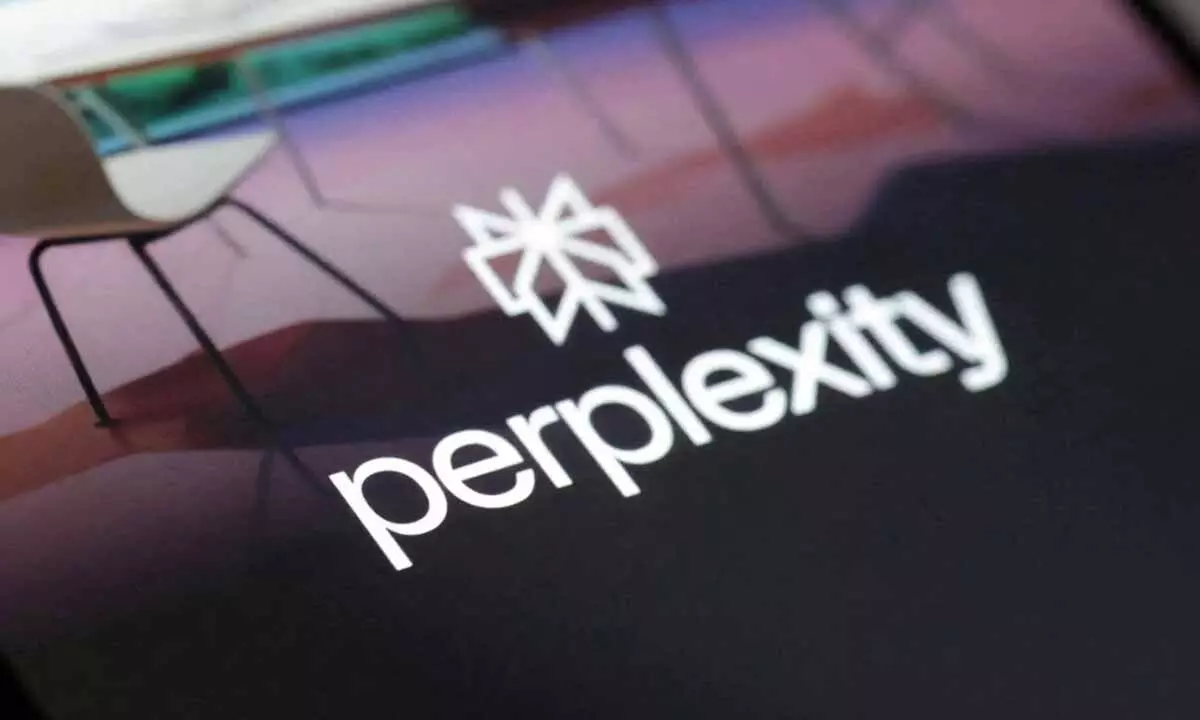As the U.S. Department of Justice’s high-stakes antitrust case against Google unfolds, one unexpected twist is drawing significant attention: the potential sale of Google Chrome.
While OpenAI has already expressed interest in acquiring the browser, now Perplexity—founded by Aravind Srinivas—is also throwing its hat in the ring. Perplexity’s Chief Business Officer, Dmitry Shevelenko, made headlines after being subpoenaed during the ongoing trial. When asked whether another company could realistically manage a browser at Chrome’s scale without losing quality or incurring new costs, Shevelenko replied, “I think we could do it.

” This bold statement has fueled speculation about who might step in if Chrome is put on the market. This revelation comes shortly after OpenAI’s interest in Chrome was made public. During a testimony, Nick Turley, head of product for ChatGPT, disclosed that OpenAI had approached Google in 2023 about using its search API in ChatGPT.
However, Google refused, concerned about granting access to a competitor. Turley also admitted that ChatGPT still relies on Microsoft’s Bing and remains years away from developing a standalone search engine that could match current capabilities. If regulators do force Google to sell Chrome, the deal would likely include the open-source Chromium platform as well.
Chromium isn’t just the backbone of Chrome—it also powers other popular browsers like Arc. Google has pushed back strongly against this idea, warning that transferring ownership could result in Chromium being monetized or neglected, which might disrupt the broader web browser ecosystem. The Justice Department argues that Google’s grip on search and web infrastructure could unfairly shape the future of AI, giving the tech giant an outsized advantage.
It claims Google’s search dominance could spill over into AI development, further entrenching its market power. Google, on the other hand, insists the AI landscape is already fiercely competitive, highlighting challengers like Meta and Microsoft. The trial has also revealed Google’s history of exclusive agreements with smartphone makers like Samsung and Motorola, ensuring its search engine remained the default option.
While newer contracts reportedly allow more flexibility, the DOJ wants to go further—seeking a ban on any deals that pay to keep Google as the default search tool. For now, Chrome remains under Google’s control. But as legal proceedings continue, the growing interest from companies like OpenAI and Perplexity signals a changing tide in tech—and potentially, the future of how we browse the web.
.
Technology

Perplexity Express Interest in Acquiring the Chrome Browser if it’s Sold

With Google facing a potential breakup, Perplexity joins OpenAI in expressing interest in acquiring the Chrome browser if it’s sold.















